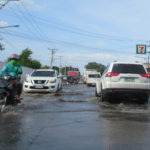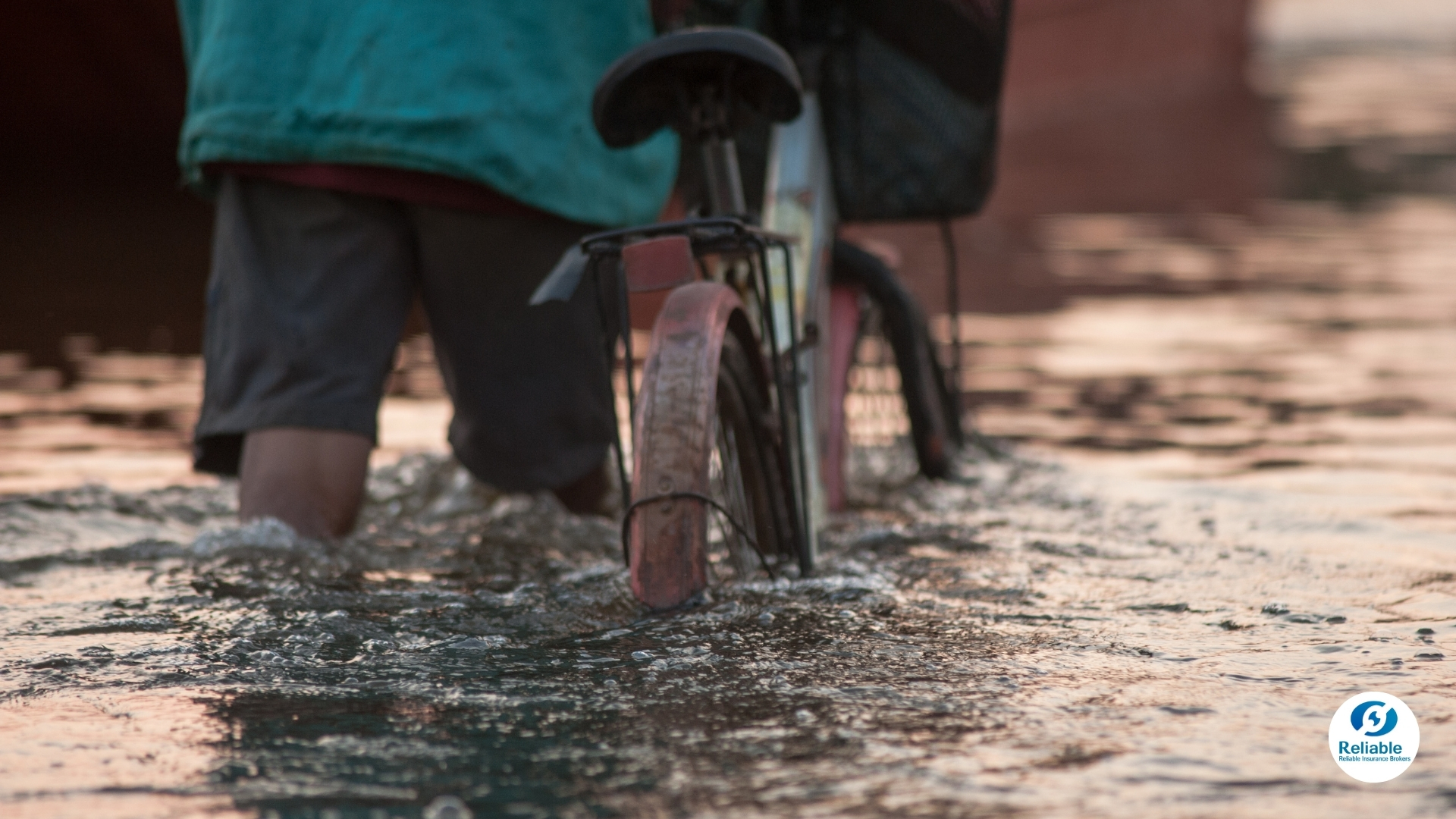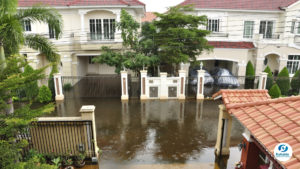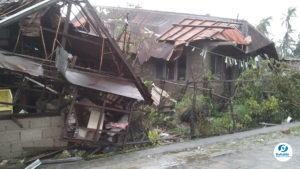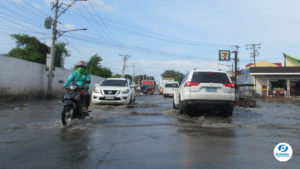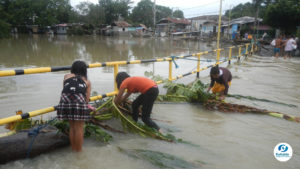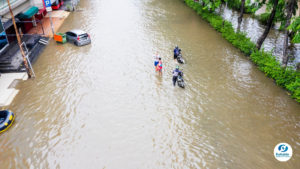Flood waters are not just immediate dangers to life—they can lead to serious health risks. When floods run through areas with poor sanitation, they can have lasting impacts on health long after the water recedes. Families are immediately worried about securing properties affected by floods. However, they should also be mindful of diseases frequently associated with floodwaters. Taking proactive measures can help prevent illness and protect your loved ones.
Common diseases from floodwaters
The common diseases contracted from floodwaters are ominously many! These range from water-borne diseases, which can arise from contact with or consumption of contaminated water, such as typhoid fever and cholera.
Meanwhile, so-called vector-borne diseases, more commonly known as diseases contracted through mosquitoes that tend to breed in stagnant floodwaters are equally dangerous. Dengue fever can land one in the hospital for about a week, as will malaria, which could take a month to recover from. In most cases, malaria patients have to be treated in intensive care units (ICUs) of hospitals.
A common dangerous flood-borne disease is Leptospirosis, an infection of the bacteria Leptospira, which can be transmitted through contaminated soil and water via the urine of infected animals. Don’t take this disease lightly: symptoms such as fever, diarrhea, stomach pain, and vomiting can occur for up to 30 days. In more severe cases, it can hit the kidneys and liver, and lead to meningitis or the inflammation of the spinal cord.
Arm your family against diseases
In flood-prone Manila, wading through flood might be inevitable, whether through waters seeping into your residence or even as your vehicle drives through flood-stricken areas. Be mindful of the following preventive steps to take during storm and flood season, to spare your family’s health and wellness:
- Protective gear. If you must wade through water, do it in rainboots and other waterproof clothing. Stock up on knee-high rain boots and full-body-length raincoats for each member of the family, especially if you live in a flood-prone area.
- Vaccinations and prophylaxis: There are vaccines for water-borne diseases such as hepatitis A, typhoid fever, and cholera. Vaccines for malaria and dengue have only been recently developed and distributed in other parts of the world as late as 2023. While these vaccines might not be readily available in the Philippine market yet, check with your regular family physician for developments on their availability. There are also anti-malarial drugs recommended for specific locations, which can be verified through the websites of global health organization experts such as the Centers for Disease Control and Prevention of the United States and the World Health Organization of the United Nations.
- Apply and stock up on mosquito repellent: In the aftermath of a storm and before floodwaters subside, mosquitoes will feast in stagnant waters. This is the time to be religious in applying insect repellent. Anti-mosquito patches can be attached to clothing. During dengue and malaria season, it is best to wear clothing that covers the limbs, like long-sleeved shirts and pants.
- Water safety consciousness: Check for water conditions, especially water coming out of the sink or the bathrooms. These come in contact most with the body. Drinking water should also come from a safe source. In periods of flood, try to source your drinking water from established bottled water suppliers.
Proactive safety nets against diseases and hospitalizations
While prevention is the first line of defense, having the right health insurance coverage is crucial in case of illness or hospitalization due to flood-related diseases. Speak with your healthcare provider about coverage for hospitalizations and treatment related to waterborne and vector-borne diseases. Protecting your family’s health with adequate insurance provides peace of mind in times of crisis.
Floods can have lasting effects on health, but with the right precautions, your family can stay safe from diseases. Be proactive by using protective gear, ensuring access to clean water, and consulting with healthcare providers about vaccines and insurance coverage. Protect your loved ones by taking these essential steps and securing reliable health insurance for added security.
Contact Information for Inquiries and Support
Should you have any questions or require further assistance in applying for insurance:
- Call: +63 2 8631 9285 to 86
- Mobile: +63 917 138 5120
- Email: info@reliable-insurance.ph
- Messenger: https://m.me/reliable.insurancebrokersph
Sources:
- Practice Nursing. (n.d.). Vaccine Preventable Food and Water Borne Diseases.
- Philippine Council for Health Research and Development. (n.d.). The Risks of Flooding: Protect Yourself from Floodwater Diseases.
- World Health Organization. (2023, July 5). 18 Million Doses of First-ever Malaria Vaccine Allocated to 12 African Countries for 2023-2025.

